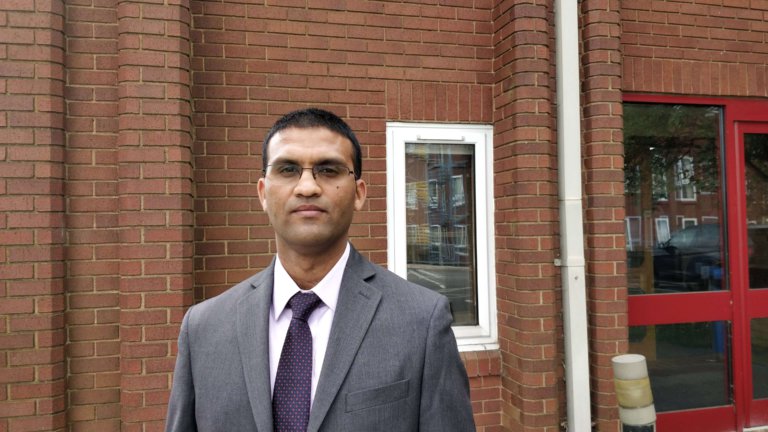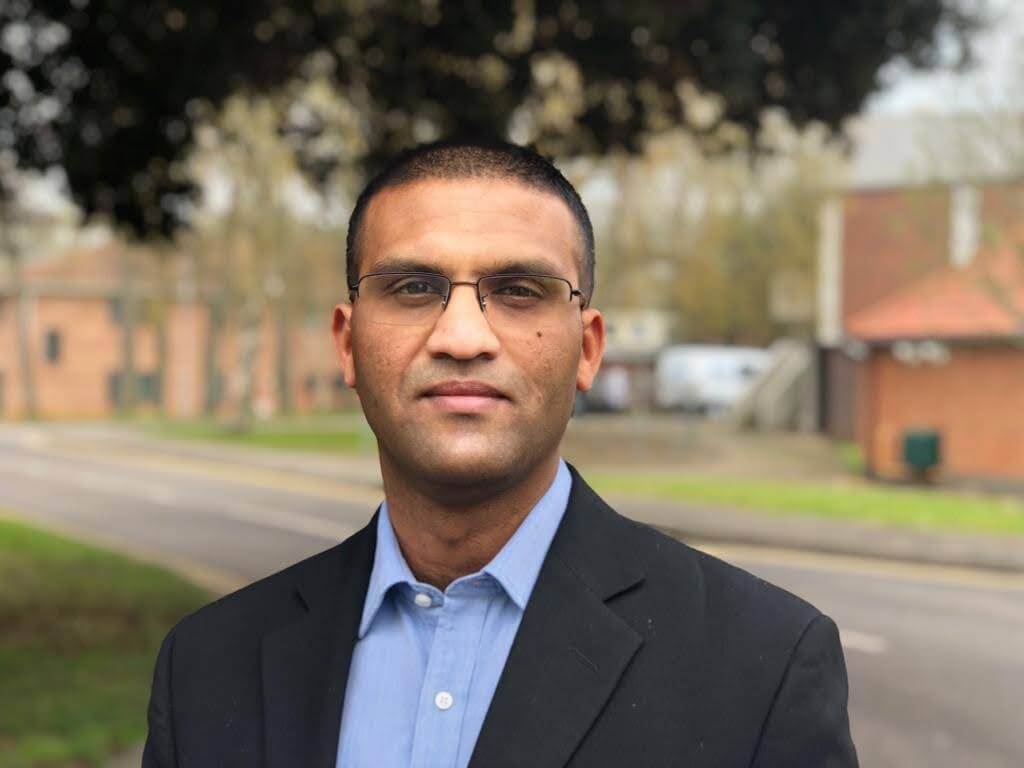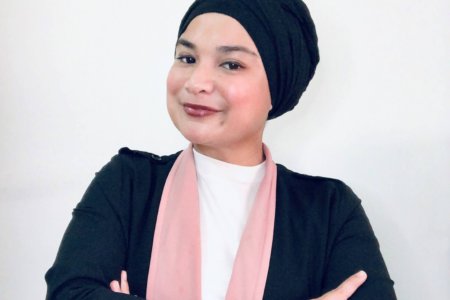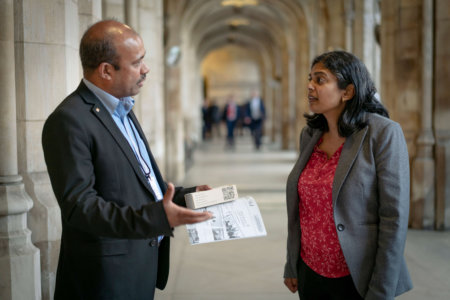
Lahar Appaiah, a corporate lawyer at IBM in India, was one out of the six professionals picked for the Chevening Cybersecurity Fellowship before the pandemic in 2019.
He got to take part in a 10 week programme at Cranfield University at the Defence Academy of the UK (Shrivenham Campus).
His fellowship experience was funded by the UK Foreign, Commonwealth and Development Office. There, he got to understand the policy and legislative approaches in cybersecurity.
This, along with its implications for national security, commercial opportunity, crime prevention, and the right to privacy were topics that Appaiah got to expand his knowledge on.
Hi all, I’m Lahar (@cricketsnob); a Chevening Cyber Security Fellow. Today, I’ll take you on #CheveningTours @CranfieldUni with these great people to see what the fellowship is about. Follow here & Instagram: https://t.co/Py8Na787CC. Read our bios here: https://t.co/BHoK2lA82B pic.twitter.com/xDNuNX07ob
— Chevening Awards🇬🇧 (@CheveningFCDO) May 29, 2019
Below we speak to this corporate lawyer and Chevening Fellow from India about his experience in the UK and his advice for international students:
Tell us a bit about yourself and your career as a corporate lawyer.
I work as a corporate lawyer with IBM in India which means I spend a lot of time at work on privacy and data protection. I also handle a broad set of responsibilities: corporate matters, mergers, acquisitions, disputes and litigation, and labour and employment.
Yesterday, #Chevening Cyber Security Fellows were welcomed to the UK @foreignoffice to present their final papers to an audience of industry specialists, foreign office staff, and their colleagues. Congrats to our fellows on their great achievements during their time in the UK. pic.twitter.com/GgF87NltMA
— Chevening Awards🇬🇧 (@CheveningFCDO) May 31, 2019
I’m a graduate of India’s premier law college: the National Law School of India University and have previously worked with Infosys Technologies.
I’ve been fortunate to do many fascinating things through work but one experience that stands out was a one-month assignment in Ecuador, South America.
I was there as a member of IBM’s Service Corps where I worked with a local think tank on data driven solutions for local governments.
What made you then apply for the Chevening Cyber Security Fellowship? Walk us through the application and experience in the UK.
The first thing I noticed was that this was not just a technical course in cybersecurity, rather, the focus was on cybersecurity policy and governance. As a privacy lawyer in the tech sector, this was a unique opportunity to connect with key stakeholders in India as well as the UK.
I also had the chance to gain insights into a topic that is gaining momentum for the near future. The application process was quite comprehensive.
I had to clearly state my reasons for applying and give insights into what I could contribute to the course. I was also asked to explain what I hoped to gain from the fellowship and I would leverage it once I returned to India.

“The first thing I noticed was that this was not just a technical course in cybersecurity, rather, the focus was on cybersecurity policy and governance,” Appaiah says. Source: Lahar Appaiah
How do you use the knowledge and skills gained in your fellowship in your current job?
During the fellowship, we had to don several hats which I would have not gotten to wear as a corporate lawyer. These helped me gain a nuanced understanding of the perspectives of various stakeholders in any cybersecurity matter.
It also taught me that, as in life, there are often no absolute answers but a question of balancing various factors.
What were the practical learning elements in your course? Do you get to apply the theories you gained during your fellowship experience now?
We had several practical exercises — some of which were great fun — such as dismantling a computer and putting it back again. We also got to understand forensic evidence.
Besides this, we also had several field visits including one to Scotland Yard and one to Oxford University.
What do you wish you had learned more during the programme?
There were a few other Chevening Fellowships that happened at the same time and a few topics with the potential for overlap. I’d have loved to have a few joint sessions with the other fields (science and technology, financial services, and journalism).
What advice do you have for international prospective applicants for a Chevening Fellowship?
One suggestion for prospective applicants: do not just put down your professional achievements but think about how you fit into the larger industry and subject-matter ecosystem. Also think about how you can contribute your expertise to the fellowship.
Delighted to welcome Chevening India Cyber scholars to @foreignoffice to learn about UK Gov’s leading work on cyber policy. We wish them all the best in their studies @CranfieldUni pic.twitter.com/e1pT9pQh6e
— LondonCyber (@LondonCyber) April 1, 2019
A lot of lectures are interactive and the fellows share their experiences. This helps them learn something about the sector they operate in (whether government, law enforcement, policy, the privacy sector, and so on).
Is there anything from home you missed during your time abroad?
It was a 10-week course so it was just the right length to immerse yourself in a different country and culture. Thanks to the regular video calls with family, I didn’t really miss anything or feel homesick, rather, I found this a great chance to explore a small slice of Britain.










